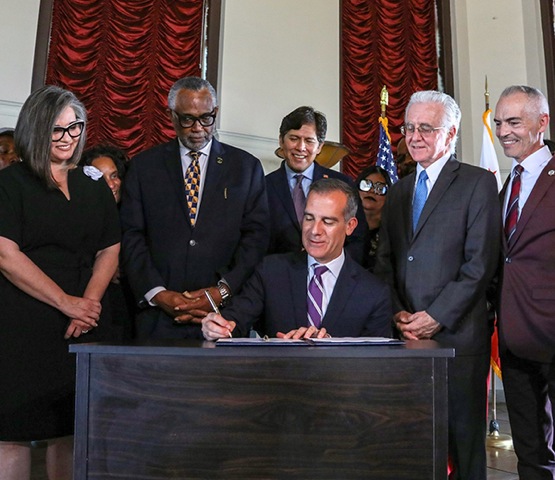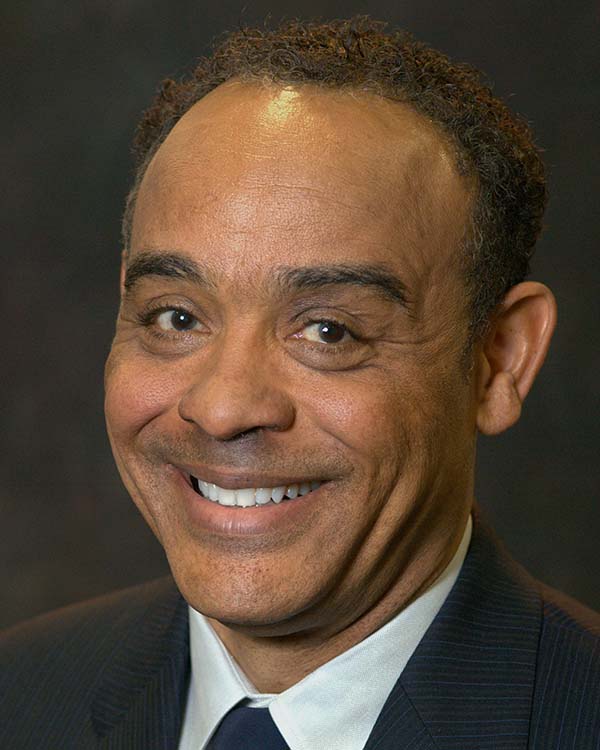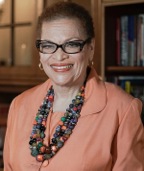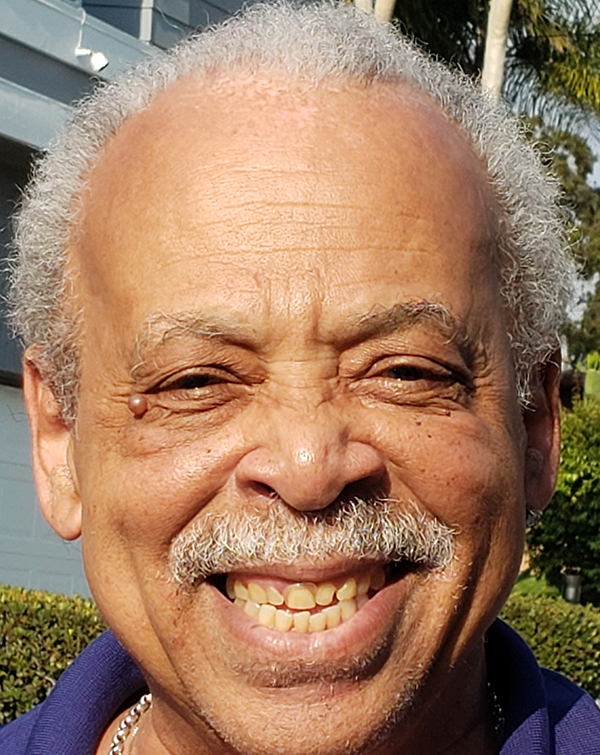Taking a big leap to eliminate poverty

COMMUNITY REPORT
By Mayor Eric Garcetti
Contributing Columnist
This is an extraordinary moment in Los Angeles. After a year filled with so much struggle and loss, hope is finally here.
For those of us who are completely vaccinated, it’s safe to hug our loved ones and go to cookouts this holiday weekend.
It feels good to return to some of our old habits and ways of life, but if our city is going to make meaningful progress, we have to face up to some ugly truths laid bare by this pandemic — from the deeply rooted inequities that led communities of color to bear the brunt of this crisis to the generational poverty that we have allowed to persist for too long.
Here in Los Angeles, poverty affects two out of every 10 residents, most of whom are people of color. As your mayor, I am committed to creating pathways out of poverty and to building a stronger social safety net and greater racial equity.
That’s why our City budget this year includes funds for Big Leap, the largest guaranteed basic income pilot of its kind in America. Through Big Leap, we will provide $1,000 a month to 2,000 households for an entire year, no questions asked, wherever poverty lives in our city.
Through this small, but steady investment in our city’s families, we will gain large dividends when it comes to health and stability. The same goes for the children’s savings account program we launched recently and our L.A. College Promise program, which gives every young Angeleno a shot at tuition-free higher education.
We want Los Angeles to be a city where anyone can find affordable housing and transportation options to get them where they need to go, including to a good job.
When voters passed Proposition HHH in 2016, they committed to expanding affordable and supportive housing — and I’m proud to report that work is turning out to be $15,000 per unit cheaper for 1,000 units more than originally promised — and it’s coming in two years ahead of schedule.
That same year, when L.A. County voters passed Measure M, they said yes to 15 new rail lines, shorter commute times, a better quality of life — and 777,000 new, good-paying jobs.
To fill those jobs, we’re building a pipeline through SEED LA, a transportation school for students in grades 9 to 12 that will be enrolling its first students next year — with priority given to young people experiencing homelessness or housing insecurity and those who have an incarcerated family member, or contact with the foster care, child protection, or juvenile justice system.
And, because no one should be working two jobs and struggling to get by, Los Angeles became in 2016 the first big city in America to raise the minimum wage to $15 an hour — a move that inspired the state of California to do the same. This week, on July 1, workers at our city’s small businesses will see that wage increase.
We must end America’s addiction to poverty — an addiction that costs us billions of dollars in lost opportunity each year. The bold steps we’re taking in Los Angeles get at the roots of poverty and seek to ensure everyone in this city finds doors of opportunity open to them.
Our work to end poverty in L.A. has just begun. If we pulled together to end a pandemic, I’m confident that we can do the same to help our neighbors find pathways to economic opportunity. Our city — and its residents — deserves no less.
Mayor Eric Garcetti’s “Community Report” column runs monthly in The Wave.





